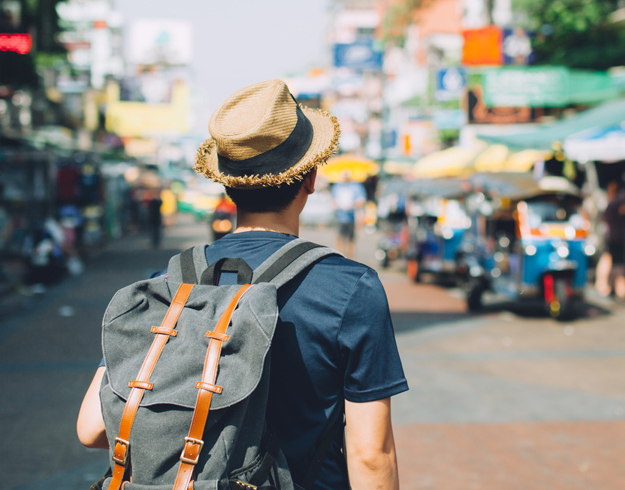
Hepatitis B Vaccine
What is Hepatitis B and how can you catch it?
Hepatitis B is a type of hepatitis, a viral infection that can cause damage to the liver. Fortunately in the United Kingdom is fairly uncommon but those with a higher risk include people from or travelling to high-risk countries, people who inject illicit drugs and people who have unprotected sex with multiple sexual partners.
The virus can also be passed from mother to baby. Tattooing, body piercing and acupunture are other ways in which the virus may be spread.
Treatment
Your treatment all depends on how long you’ve had the infection. Emergency treatment can help prevent people contracting the infection if they have been only been exposed to the virus for a few days. Acute hepatitis B is when the infection has been present for a few weeks or months. Treatment may then be needed to relieve the symptoms.
Chronic hepatitis B is when the infection has been present for more than six months; medications may be offered to control the virus and reduce the risk of liver damage. Chronic hepatitis B needs to be regularly monitored and usually requires long-term or lifelong treatment.
Popular affected travel locations include
- Eastern Europe
- Russia
- India
- China
- South and Central America
- Africa
- South East Asia
- Many South Pacific Islands
Treatment Options
-

Engerix B - The course consists of three doses
-

HbvaxPRO - Given as injection in the upper arm.
Travelling abroad and not sure if you're at risk?
If you’re unsure about the vaccine, have any questions or want to find out what vaccines you need. We’re here to help, book your appointment online or call us on 0208 393 1000.

Top Tips for protecting against Hepatitis B
- Avoiding unprotected sexual intercourse, condoms (including use for oral sex) provide good but not complete protection.
- Avoiding tattooing, piercing and acupuncture (where sterility of equipment cannot be guaranteed).
- Not sharing needles or any other injection equipment.
- Not sharing toothbrushes or razors and avoiding traditional barbers where razors may be re-used.
Any traveller can be at risk of an accident or require emergency treatment. Travel insurance may help ensure access to high quality medical service (including repatriation), reducing the chances of exposure to contaminated medical equipment.
In many low income countries the re-use of medical supplies, including needles and syringes is common. A sterile medical equipment kit may be helpful for those travelling to resource poor areas.

